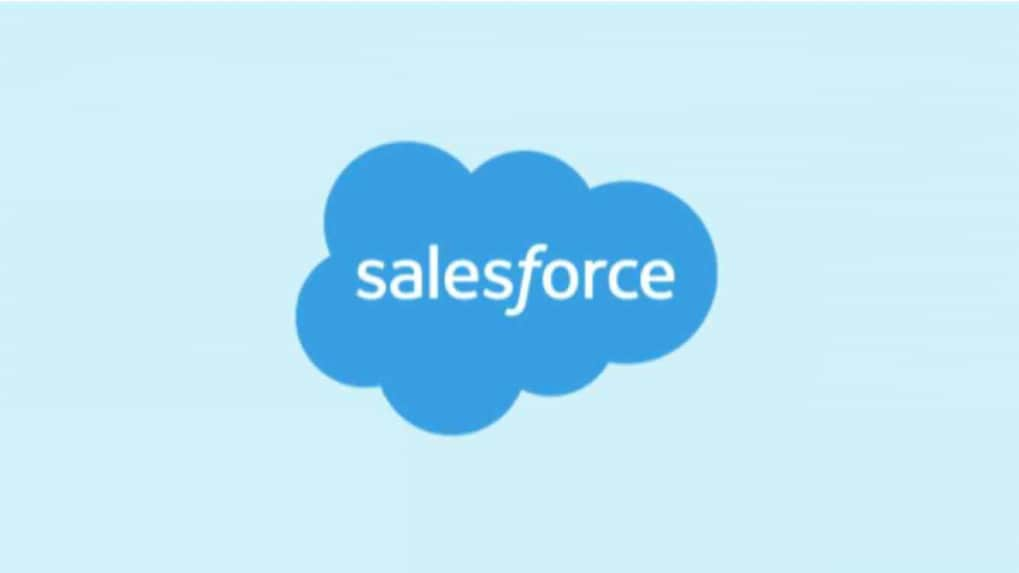How it Works
WPP, Havas, Omnicom: Are advertising’s biggest holdcos recasting agencies as AI Operating Systems?

Artificial intelligence is once again disrupting the technology industry — this time at Salesforce. The American cloud software giant has announced significant cuts to its customer support division, eliminating 4,000 roles as it increasingly relies on AI systems to carry out tasks once handled by humans.
Chief Executive Marc Benioff confirmed the decision on the Logan Bartlett Podcast, stating that Salesforce had reduced its support team from 9,000 employees to 5,000. “I was able to rebalance my headcount on my support. I reduced it from 9,000 heads to about 5,000 because I needed fewer heads,” Benioff said. The change means nearly half of the company’s support workforce has been downsized.
This was not Benioff’s stance just two months ago. Speaking to Fortune in July, he argued that artificial intelligence was intended to enhance workers rather than replace them, emphasising: “The humans are not going away.” At the time, he dismissed what he described as “scary narratives” about job losses and pointed out AI’s shortcomings in accuracy, stressing the importance of keeping “the human in the loop” since “AIs can’t fact check.”
In that same interview, Benioff also rejected predictions from AI leaders such as Anthropic’s Dario Amodei, who warned of sweeping white-collar displacement. The latest redundancies, however, illustrate how quickly businesses are adapting as AI becomes more sophisticated and commercially viable.
Salesforce’s reliance on AI is not confined to support services. The company is also deploying the technology in its sales operations. For years, it had accumulated a backlog of more than 100 million uncontacted sales leads built up over 26 years. That backlog, according to Benioff, has now been effectively eliminated.
“We now have an agentic sales that is calling back every person that contacts us,” he explained, referring to Salesforce’s AI-driven approach. The company has also introduced an “omnichannel supervisor” to oversee collaboration between humans and AI agents, ensuring that tasks requiring human judgment are identified and escalated appropriately.
Notably, in his July remarks, Benioff said Salesforce had no plans to expand its workforce of software engineers, service representatives or even lawyers. Instead, the company was prioritising investment in sales teams to help customers integrate AI tools into their operations.
With Salesforce employing more than 76,000 people at the beginning of 2025, the elimination of 4,000 jobs represents around five per cent of its global workforce. The cuts underscore the speed with which artificial intelligence is reshaping corporate strategies and redefining traditional staffing models.
From purpose-driven work and narrative-rich brand films to AI-enabled ideas and creator-led collaborations, the awards reflect the full spectrum of modern creativity.
Read MorePraveen Someshwar, Managing Director and CEO of Diageo India, joins the Grand Jury of the Storyboard18 Awards for Creativity, highlighting the awards’ focus on work that blends cultural relevance with strategic and commercial impact.